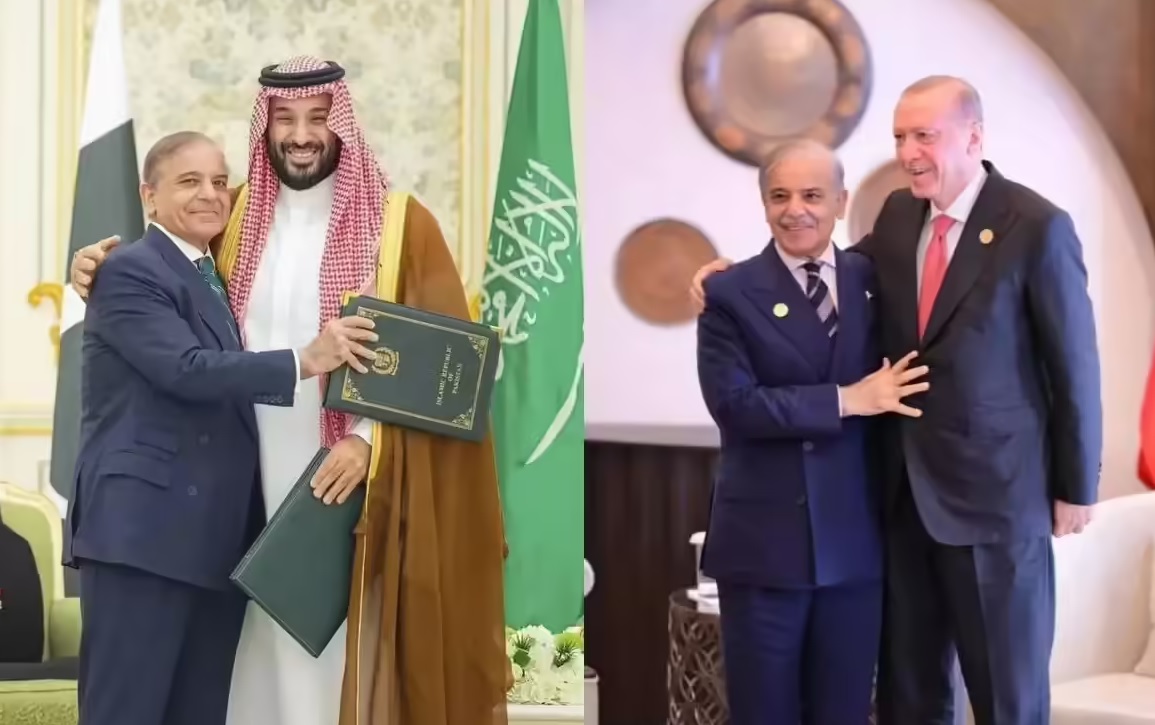Iran Accused of Grooming Teens for Attacks on Israeli Targets in Nordic Countries

A troubling pattern is emerging across Nordic countries, where teenagers are reportedly being recruited by Iran-linked networks to carry out attacks on Jewish and Israeli targets. Swedish authorities have connected several incidents this year to Tehran-backed groups, including a 15-year-old caught attempting to target the Israeli embassy in Stockholm and other teenagers involved in attacks on an Israeli defense firm.
Teenage Involvement in Violent Incidents
One of the most alarming cases involved a 13-year-old in Gothenburg, Sweden, firing shots at the facility of Israeli defense company Elbit Systems. Another teenager, aged 16, was implicated in planting homemade explosives outside the same facility. These incidents highlight a disturbing trend of minors being used as tools for politically motivated violence. Investigators suggest that these recruits were lured through popular social media platforms such as TikTok, Telegram, and Snapchat, exploiting their vulnerabilities.
Exploitation of Nordic Vulnerabilities
The openness of Nordic societies, characterized by high levels of trust and minimal visible policing, has created fertile ground for foreign actors to exploit. Sweden and Norway, which share over 1,000 miles of largely open borders, face unique challenges in preventing such activities. Adding to the problem are rising gang activities within immigrant communities, which are further exacerbated by tensions stemming from civilian casualties in Gaza and Lebanon.
Justice ministers across the region have expressed their concern. Sweden’s Justice Minister Gunnar Strömmer emphasized the urgent need to prevent youth from being drawn into gangs and extremist networks. Similarly, Norway and Denmark have highlighted the necessity of collaborative regional efforts to counteract this trend.
Social Media as a Recruitment Tool
Social media platforms play a pivotal role in these recruitment efforts. Iranian-backed networks reportedly use apps like Telegram, WhatsApp, and TikTok to guide young recruits. Alarmingly, the financial incentives offered are minimal—starting as low as €120 for smaller tasks, such as throwing petrol bombs, and up to €1,500 for more severe acts like targeted killings.
Terrorism researcher Peter Nesser from Norway’s Defence Research Institute notes that while these operations often lack sophistication, their impact can still be devastating. Additionally, many of these young recruits may not fully comprehend the extent of their involvement with foreign-backed agendas.
Heightened Security Measures and Political Ramifications
In response to these threats, Norway elevated its terror alert level in October 2024 and introduced enhanced border checks and armed police patrols. Despite Tehran's losses in the Middle East, including setbacks to its proxies like Hamas and Hezbollah, European intelligence suggests that the Iranian regime may seek to increase its destabilizing activities on the continent.
Sweden, grappling with long-standing challenges of organized crime within immigrant communities, finds itself at the center of this alarming trend. Since 1980, the country has experienced significant migration, with over 1.5 million people moving to Sweden. A recent study revealed that 40% of these migrants feel disconnected from Swedish society, creating an environment ripe for both gang and proxy recruitment. This issue has also influenced Swedish politics, with parties like the Sweden Democrats pushing for stricter measures, including youth prisons for offenders under 15.
Broader Implications for Europe
The recruitment of teenagers for politically motivated attacks in the Nordic region raises broader concerns about Iran's strategy in Europe. While some individuals are motivated by anger over the Gaza conflict, others are simply drawn by the prospect of financial gain. Intelligence experts warn that Tehran’s covert activities could extend beyond the Nordics, posing a significant threat across the continent.
Iran’s exploitation of societal vulnerabilities and its use of modern communication platforms underscores the need for urgent, unified action. Nordic countries must not only strengthen their internal security measures but also collaborate closely with European allies to counter these threats and safeguard their societies from foreign interference.
About the Author
Aditya Kumar:
Defense & Geopolitics Analyst
Aditya Kumar tracks military developments in South Asia, specializing in Indian missile technology and naval strategy.






